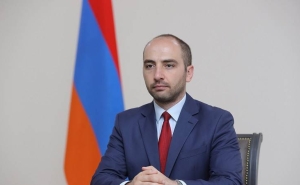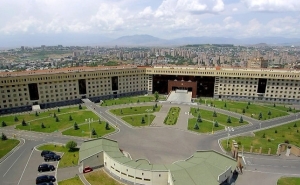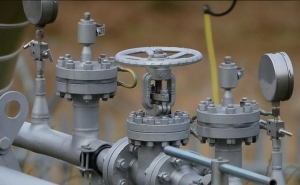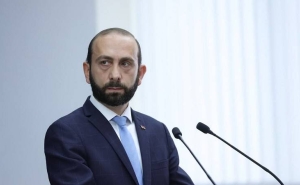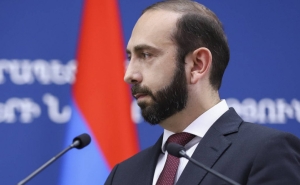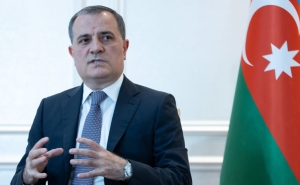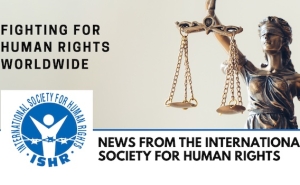Blockade of Lachin corridor putting thousands of lives in peril must be immediately lifted – Amnesty

The ongoing blockade of the Lachin corridor is endangering the lives of thousands of people in Nagorno-Karabakh (Artsakh), Amnesty International said today. The human rights organization called on Azerbaijan’s authorities and Russian peacekeepers to immediately unblock the route and bring an end to the unfolding humanitarian crisis.
The road, which connects Nagorno-Karabakh to Armenia, has been inaccessible to all civilian and commercial traffic since 12 December 2022 after being blockaded by dozens of Azerbaijani protesters, widely believed to be backed by the country’s authorities. The situation has left some 120,000 ethnic Armenian residents in Nagorno-Karabakh without access to essential goods and services, including life-saving medication and health care.
Interviews conducted with health workers and residents in the region revealed the blockade’s particularly harsh impact on at-risk groups including women, older people, and people with disabilities.
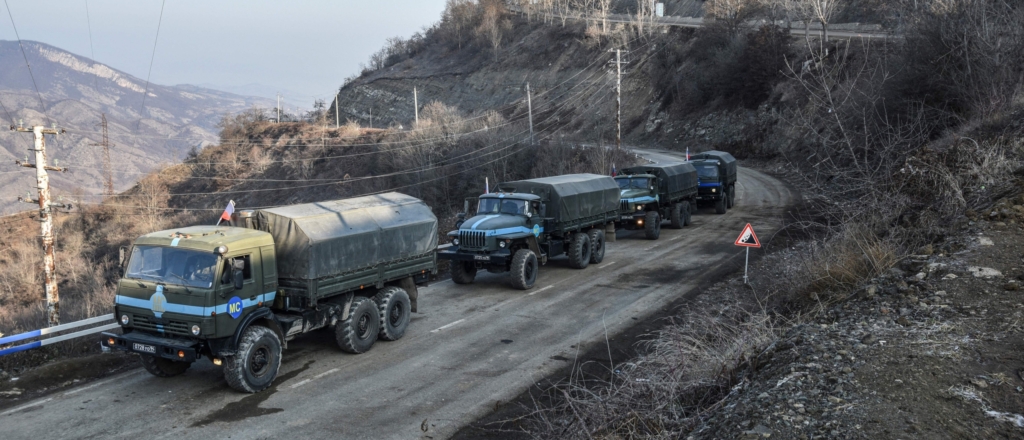
“The blockade has resulted in severe shortages of food and medical supplies, as humanitarian aid delivered by the International Committee of the Red Cross and Russian peacekeepers has been insufficient to meet demand. Disruptions to the supply of electricity, natural gas and vehicle fuel add up to extreme hardship, especially for groups who are vulnerable to discrimination and marginalisation. This must end now,” said Marie Struthers, Amnesty International’s Director for Eastern Europe and Central Asia.
“The Azerbaijani authorities have internationally recognized sovereignty over these territories and exercise control over the territory from which the blockade is being carried out. It is Azerbaijan’s obligation to undertake to ensure that the population in Nagorno-Karabakh is not denied access to food and other essential goods and medications. For its part, the Russian peacekeeping mission is mandated to ensure the safety of the Lachin corridor. However, both parties are manifestly failing to fulfil their obligations.”
According to Nagorno-Karabakh de-facto officials, since the blockade began the number of vehicles arriving in the region has decreased from 1,200 a day to five to six trucks belonging to the Russian peacekeeping mission and the ICRC.
Lack of medicines and access to health care
Access to healthcare has become the most pressing issue in the blockaded region, with a deficit of medicines and medical supplies as well as insufficient fuel to enable outpatient care. The situation is particularly acute for older people and people with disabilities, many with chronic health conditions, whose access to healthcare services is severely limited or in some cases completely disrupted.
Vardan Lalayan, a cardiologist at a hospital in Stepanakert (Khankendi), saw 30 to 40 patients – almost all of them older people – per month before the blockade. Now he only sees five or six patients per month, usually those requiring acute care after a heart attack. He told Amnesty International that most patients in need of stenting checks are largely unable to get the care they need because of insufficient supply of stents and other medical supplies.
“We are doing 10% of the procedures now. We simply do not have enough stents […] We will have a very big [number of] heart attacks at home. Every day we lose many people, many patients,” he told Amnesty International.
Biayna Sukhudyan, a neurologist, told Amnesty International: “A week ago, we had a child [with epilepsy] who needed an urgent medication, and we did not have it, and no one had it, stock was empty. […] After one week, after negotiations with the Red Cross, they managed to send the child for treatment to Yerevan.”
According to Vardan Lalayan, the ICRC transfers only those in “stable condition” to facilities outside the region, where care might be available. Patients in a critical condition at his hospital had to remain in a health facility where appropriate care was not available, resulting in several preventable deaths. Many patients are also reluctant to use the transfer as it often means separation from their families for a prolonged, uncertain period of time, without the guarantee of return.
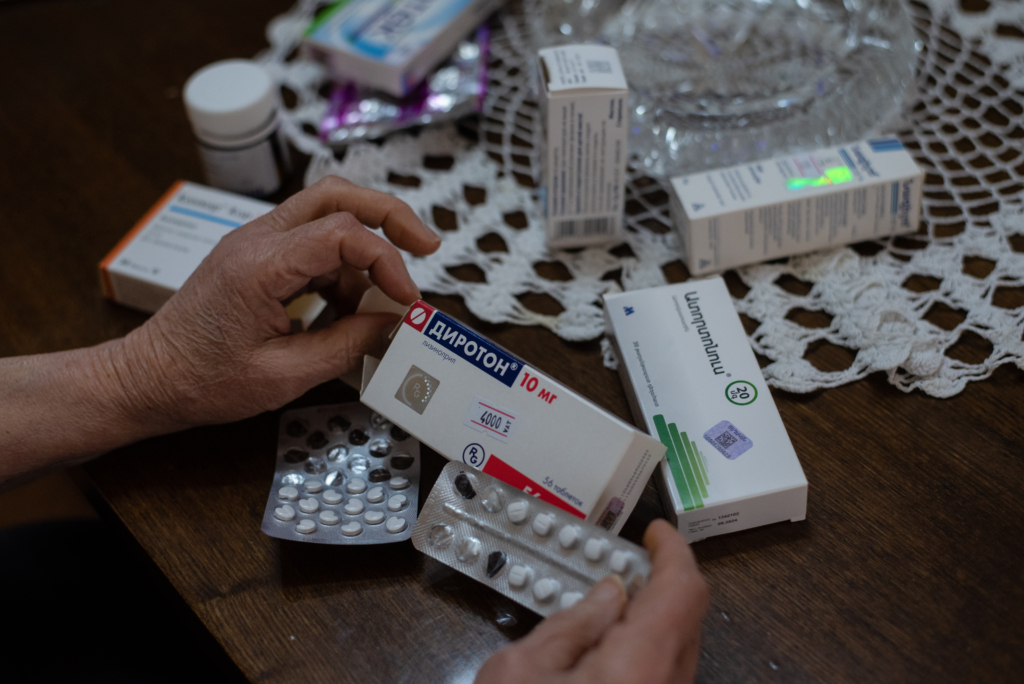
Women’s health and maternal health are also under serious threat due to shortages of medical supplies.
Meline Petrosyan, an eight-months pregnant woman from Martakert (Aghdere) town, told Amnesty International: “The maternity ward was full, while medicines, hygiene products and baby essentials, diapers, formula milk were in short supply. The hospital room was often cold because of the electricity shortage. They could only operate one incubator and three premature babies had to take turns using it. When I think about all the uncertainties of giving birth in these conditions, I feel terrified.”
Health workers, older people and people with disabilities said that medication for chronic conditions, including those to manage blood pressure; heart conditions; epilepsy, and asthma as well as pain medication and antibiotics had become much more difficult or impossible to access, with many pharmacies in Nagorno-Karabakh closed completely. When they were able to find medication, it was significantly more expensive due to the blockade, forcing people to reduce their use.
Food and fuel shortages
The blockade has caused a food shortage, which led the de-facto authorities to introduce a rationing system in early January. According to one resident: “each individual can get half a kilo of rice, pasta and one litre of oil and little sugar,” limiting products by one kilo or litre per month per person, regardless of age. Interviewees said that while those efforts had helped prevent spiking prices for essential food products, fresh vegetables and fruits have completely disappeared from store shelves, while long queues form for milk and eggs when they become available.
Based on Amnesty International’s interviews with residents, it appeared that women typically prioritized giving food to other family members over themselves. Healthcare professionals interviewed by Amnesty International noted a significant increase in cases of immunodeficiency, anaemia, thyroid disease, and worsened diabetes conditions among women and children, as a direct result of food shortages.
Nara Karapetyan, a mother of two, told Amnesty International: “We have not had any fruits or vegetables for over a month now. Whatever food I find I make sure my children get fed first, I simply do with what is left over.”
Several healthcare workers in Nagorno-Karabakh told Amnesty International that pregnant women were showing increased complications, and the numbers of miscarriages and premature births have grown, as expectant mothers were unable to access vital medication and the nutrients required during pregnancy.
People with disabilities, including those with limited mobility, said they were suffering more from isolation during the blockade, as they were unable to use either public or private transportation due to the lack of fuel. Yakov Altunyan, who uses a wheelchair since both of his legs were amputated after stepping on a mine in the 1990s, is effectively stuck in his apartment. “Even since I was injured, I always try to be outside and socialize, because for me being in these four walls means being in a prison. […] Not being able to drive, to communicate and socialize with others, makes my life very hard,” he told Amnesty International.
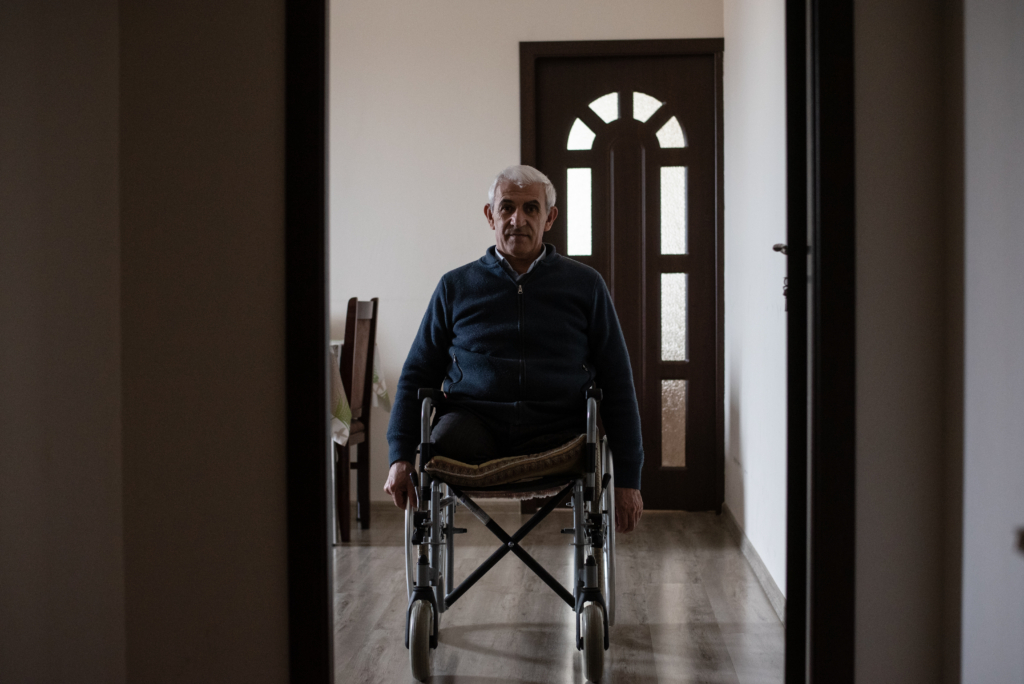
Worsening humanitarian crisis
Among other dire consequences inflicted by the blockade is the violation of the right to education. All schools and kindergartens, attended by around 27,000 children, were temporarily closed due to the lack of heating and electricity shortages. Although schools partially reopened on 30 January 2023, school time is limited to four hours a day.
1,100 residents of Nagorno-Karabakh have been left stranded outside of the region and unable to return home since the beginning of the blockade, including at least 270 children. They are accommodated in hotels or in the homes of relatives and volunteers in Armenia.
The shortage of gas and petrol is further exacerbated by frequent cuts to the supply of gas from Azerbaijan and electricity cuts that last an average of six hours a day.
“With the blockade now in its ninth week, all eyes are on the Azerbaijani authorities and Russian peacekeepers. We call on both parties to immediately take effective measures, in line with international human rights standards, to lift the blockade of the Lachin corridor without any further delay and end the unfolding humanitarian crisis,” said Marie Struthers.
-
 17:08
17:08The regular session of the Anti-corruption Policy Council takes place in Jermuk
-
 15:05
15:05The Prime Minister sends congratulatory messages to the supreme leader of Iran and the President of Iran
-
 11:11
11:11Armenia sends earthquake aid to Turkey
-
 10:43
10:43Commemoration of the Pontiff St. Sahak Partev
-
 09:16
09:16Some roads are closed and difficult to pass in Armenia
-
 19:55
19:55Phone conversation of the Foreign Minister of Armenia with the U.S. Assistant Secretary of State for European and Eurasian Affairs
-
 18:30
18:30Prime Minister Pashinyan and President Khachaturyan meet
-
 18:20
18:20Ararat Mirzoyan with Co-Chairman of the OSCE Minsk Group of France Brice Roquefeuil
-
 17:01
17:01Humans could land on Mars within 10 years, Musk predicts
-
 16:45
16:45France, US urge 'immediate' end to Nagorno Karabakh blockade
-
 16:01
16:01Blockaded Nagorno Karabakh launches fundraiser to support quake-hit Syria
-
 15:59
15:59Earthquake death toll in Turkey rises to 18,342
-
 15:43
15:43Ararat Mirzoyan Held a Telephone Conversation with Sergey Lavrov
-
 15:06
15:06French president rules out fighter jet supplies to Ukraine in near future
-
 14:47
14:475 Day Weather Forecast in Armenia
-
 14:44
14:44President Vahagn Khachaturyan wrote a note in the book of condolences opened in the Embassy of Syria in Armenia
-
 14:20
14:20Azerbaijan’s provocations impede establishment of peace and stability – Armenian FM tells Russian Co-Chair of OSCE MG
-
 12:57
12:57France representation to OSCE: Paris calls on Azerbaijan to restore freedom of movement through Lachin corridor
-
 11:40
11:40Command of Kosovo forces highly appreciated preparation of Armenian peacekeepers
-
 10:16
10:16The United States withdrew from sanctions against Syria for six months the provision of assistance after the earthquake
day
week
month
Humidity: %
Wind: km/h



